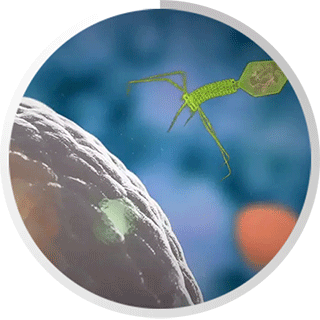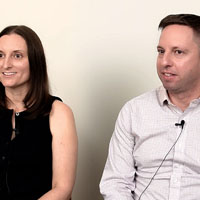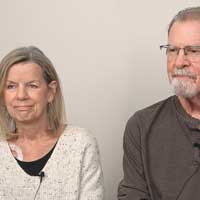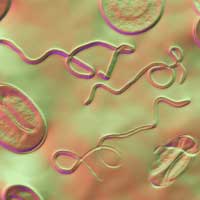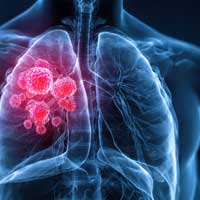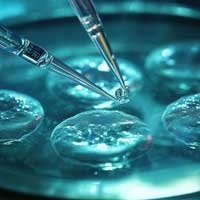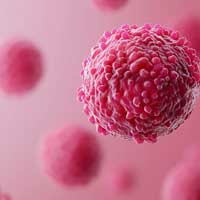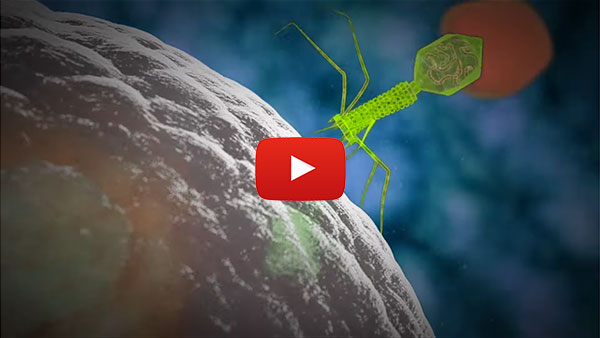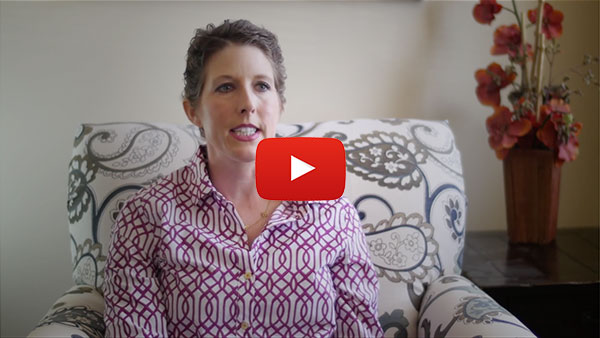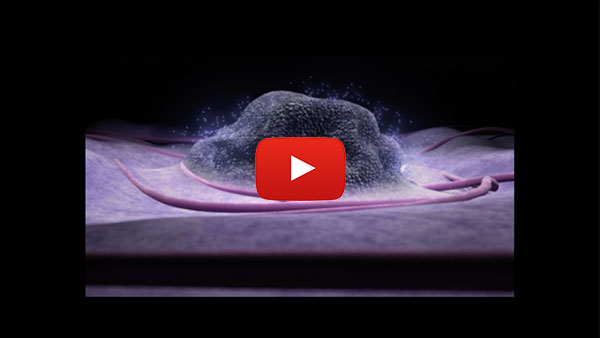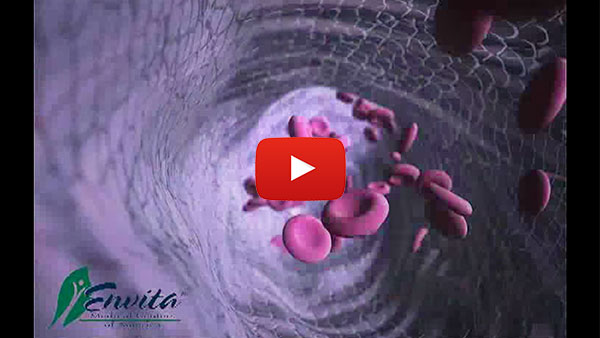Breast Cancer is composed of 10 Genetically Distinct Cancer Types that Actively Affect Treatment

Stage 4 breast cancer patients have typically exhausted chemotherapy, radiotherapy, and all surgical options. Many times, stage 4 breast cancer patients who achieved remission at one point, fall back into having cancer because of the metastasis that was never taken care of. These patients accepted the best presented conventional cancer protocols, believing it was the best that was available. The one size fits all conventional cancer model really does not fully address metastasis entirely. Most of these treatments are completely driven by large hospital groups and pharmaceutical companies that maintain a one-minded approach. Chemotherapy as a whole is only one small piece of the puzzle and if utilized properly, requires customization.
Learn How Breast Cancer Consists of 10 Distinct Cancer Types
Come and see the advantage of personalized breast cancer options and all the tools we have to offer. This video explains how breast cancer is really 10 distinct types of cancer and when you include treating the cause of each person's breast cancer; it requires further customization for good long term results.
The Most Important Factors for Stage 4 Cancers
The most critical piece to understanding stage 4 breast cancers is to recognize that every patient, no matter how many similarities they share, will respond uniquely and differently to treatment every single time. This is the result of numerous contributing factors including immunity impairments, shifts in the cancer's genetics, and epigenetic changes (catalyzed by toxins, infections, inflammation) that complicate the treatment, causing mutations to the stage 4 breast cancer cells themselves.
All of these factors influence metastatic spread of stage 4 breast cancer. We have taken great measures to address these factors in a customized and personalized manner for each individual patient. We incorporate proprietary solutions such as genetic testing and customized immune system treatments, making "tomorrow's cancer treatments and technologies" available today.
Solution to Problem #1 - When a Stage 4 Breast Cancer Patient Stops Responding to Standard Oncology Treatments
The reason behind the poor response to standard cancer treatment methods is mutation. Breast cancer can change and mutate, so if a chemotherapy regimen seemed to have worked in the beginning, it's only because the tumor shrunk temporarily. If a patient responded well to chemotherapy, they may have had a 30% reduction in the size of the tumor. That cancer will almost always grow back quickly and often with a vengeance. This is typically what happened with stage 4 breast cancer patients who chose conventional treatments alone at the onset of their planning. Tomotherapy and other forms of precision radiotherapy are commonly used as a last minute effort to help spot-treat and keep tumors at bay as a way to extend life. Unfortunately, this treatment regimen alone is not an ideal solution. For a detailed explanation on stage 4 breast cancer biology, please watch our video "Understanding Your Cancer." The 3D animation will improve your understanding of cancer cell biology and the reasons for why cancer cells often become non-responsive to standard treatments.
Our team of doctors has developed personalized treatment plans for each individual patient. In part, based upon the specific genetic profile of what the tumor and/or metastatic sites will respond to.
How to Improve Cancer Results With Genetically Targeted Fractionated Chemotherapy
Solution to Problem #2 - Chemotherapy is Only 2% Effective in Late Stage Cancers after a Span of 5 Years
Oftentimes, patients will continue chemotherapy or opt into a clinical trial where one singular drug treatment is used. Unfortunately, it has been shown that standard chemotherapy alone is less than ideal in the treatment of stage 4 breast cancers with only 2% effectiveness in all late stage cancers.
We can employ pharmacogenetic testing and delivery methods to help our patients when chemotherapy is an option. We can target the cancer while reducing harmful effects to normal and healthy tissue when administering our chemotherapy targeting techniques.
The majority of the time, we find that patients were on the wrong drug regimens and were experiencing numerous side effects with no measurable benefits. To avoid this, we administer proprietary, fractionated delivery methods called GTFC™ (Genetically Targeted Fractionated Chemotherapy. We combine this method with essential immunotherapy treatments which serve to potentiate the treatment while simultaneously healing the body. This method has shown great results for many types of cancer including stage 4 breast cancer.
Solution to Problem #3 - Stopping the Metastatic Spread in Stage 4 Breast Cancer Without Chemotherapy or Radiation
The patient may have bone involvement and multiple areas of cancer spread found commonly in stage 4 breast cancer. What most patients and even oncologists fail to realize, is that both metastasis and micro-metastasis are happening simultaneously. Simply put, it is virtually impossible to track the entirety of all stage 4 breast cancer spread with imaging and markers.
Late stage 4 breast cancers often spread quickly and move into tissues with tiny cancer cells. Take a moment to watch a 3d animation about How Cancer Grows and Spreads.
With more than a decade of treating patients, our medical team has potentially discovered the keys to slowing the spread of cancer by fortifying and recruiting the patient's immune system, more specifically, a special group of cells known as natural killer cells (NKs). This discovery is what lead us to develop a cancer vaccine called AAIT. We adamantly believe it to be a critical piece to solving the difficult cancer problem of metastasis. The AAIT treatment maintains very critical cell types for stage 4 breast cancer.
It is a fact that 90% of all cancer patients will die from metastasis. Chemotherapy, radiation, and surgery cannot stop metastasis in late stage 4 breast cancer. If the immune system is not enhanced and employed in a custom and targeted manner, cancer will almost certainly return and continue to spread.
Here is some important data and studies on AAIT and breast cancer. Find out how AAIT and NK cells permit a patient to systematically treat the whole body with a singular, targeted method.
Final Solution - Stage 4 Breast Cancer Must Treat the Environment of the Host, Not Just the Cancer
You are the host and the cancer is growing within you. When you aggressively change the environment of the host – your body, you make it more difficult for the cancer to grow and spread. Here is where epigenetic changes play an important role. Every cancer patient at some level is dealing with toxins, infections, poor immunity, and inflammation. We utilize powerful lifestyle changes and aggressive integrative treatments to quickly address this important area, an area that is widely ignored by conventional treatment centers. While we believe a healthy diet is vital for success against cancer, diet along with supplements in stage 4 breast cancer are simply not adequate enough at this stage as a lifesaving treatment protocol.
Let us improve your chances of cancer success by utilizing our proprietary testing and treatment methods to remove these enabling factors all while potentiating current treatments. Success is all about identifying and proceeding with ideal treatment combinations for each patient and having the ability to deliver it. Envita is an international center, and we have the great advantage of offering treatments, literally not found anywhere else in the United States. We strive to give our patients the greatest opportunity to overcome cancer, keep their quality of life, and remain cancer free.
Contact us today and we will help you build an effective treatment plan for the fight against your cancer.

